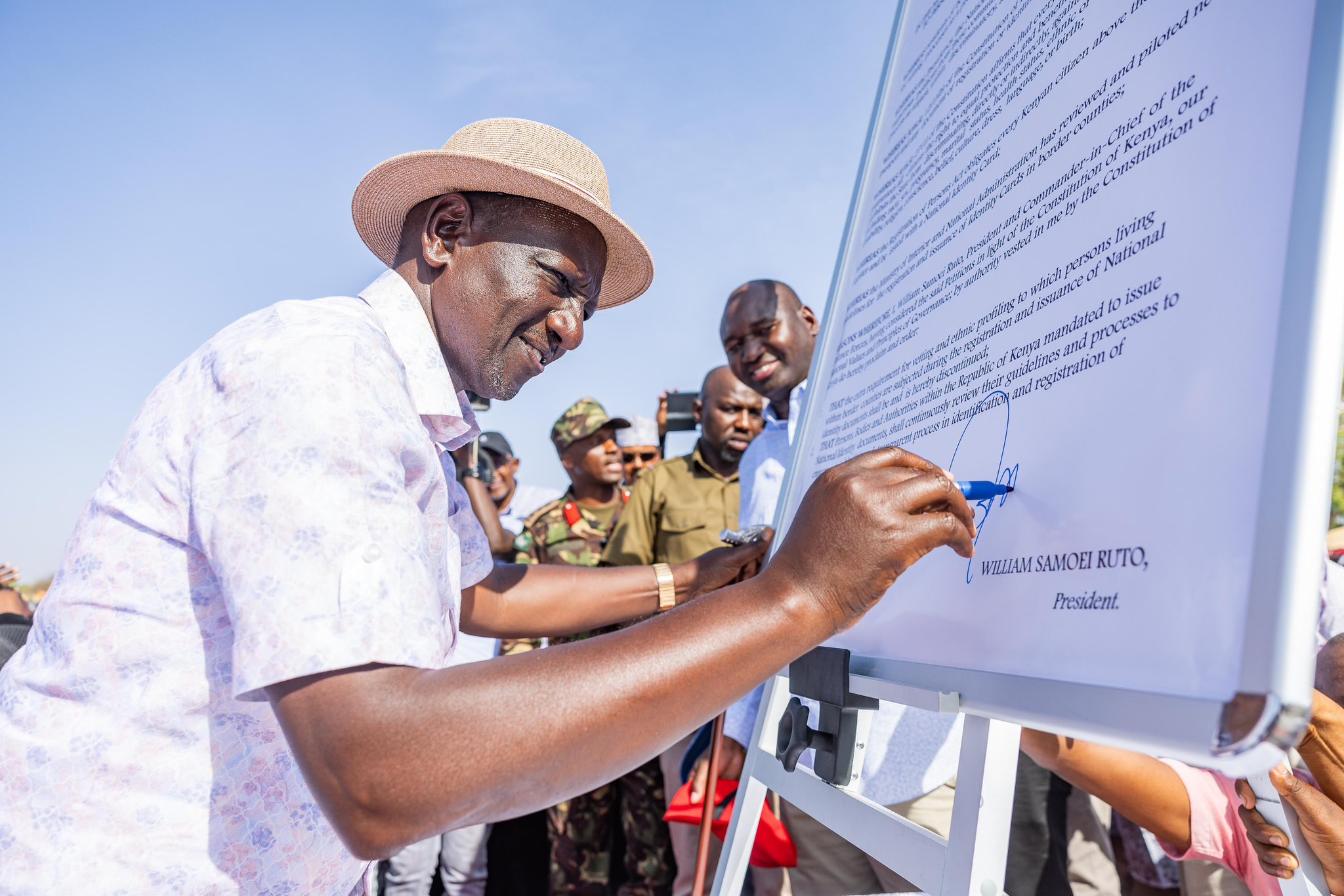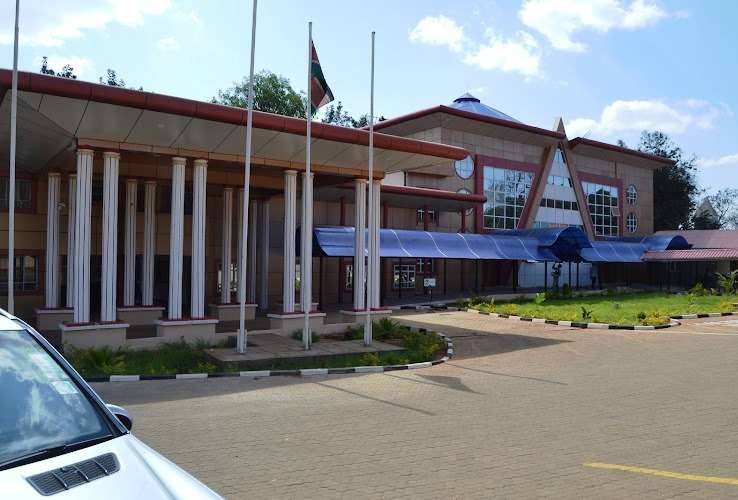For decades, the vetting system was criticised as discriminatory against ethnic Somalis, leaving thousands of eligible citizens effectively stateless. Removing this barrier has triggered a surge in ID applications and voter registrations in Mandera, Wajir, and Garissa, where the electoral roll is projected to expand by as much as 30%, according to experts. While this looks like overdue redress, the government’s hurried approach exposes deep structural flaws.
First, the reform rests largely on executive decree rather than a robust statutory framework. Without parliamentary anchoring, it is vulnerable to reversal, legal challenge, or manipulation by future administrations. Citizens registering under the new rules face uncertainty over whether their documents will remain valid.
Second, there are glaring implementation gaps. The state has not published a clear checklist of acceptable documents, nor a transparent appeals process for contested applications. In a region where discretion has historically been abused, this vacuum risks replacing one form of exclusion with another, or opening new avenues for corruption.
Third, the reform leaves security questions hanging. Northern Kenya’s porous borders make it possible for non-citizens from Somalia and Ethiopia to obtain IDs, particularly when local elites view numerical strength as a means of securing new wards and constituencies. The abolition of vetting was not accompanied by stronger biometric systems, residency verification, or cross-agency audits, raising the prospect of inflated registers and compromised elections.
The political timing only fuels suspicion. With major clans mobilising and parties jostling for dominance, the change risks being read less as a principled stand for equality and more as a calculated move to tilt the 2027 contest. Indeed, reports of pastoralist influxes and clan-driven registration drives suggest that the new regime is already being weaponised for electoral gain.
If genuine reform was the goal, the government should have legislated clear identity rights, published transparent registration data, and invested in tamper-proof verification systems. Instead, Kenya now faces the prospect of one of its most competitive yet most contentious elections in Northern Kenya’s history, founded on shaky administrative ground.
The promise of fairness is welcome. But without safeguards, the scrapping of vetting may trade one injustice for another, fuelling the very insecurity and mistrust it was meant to cure.
[/full]





